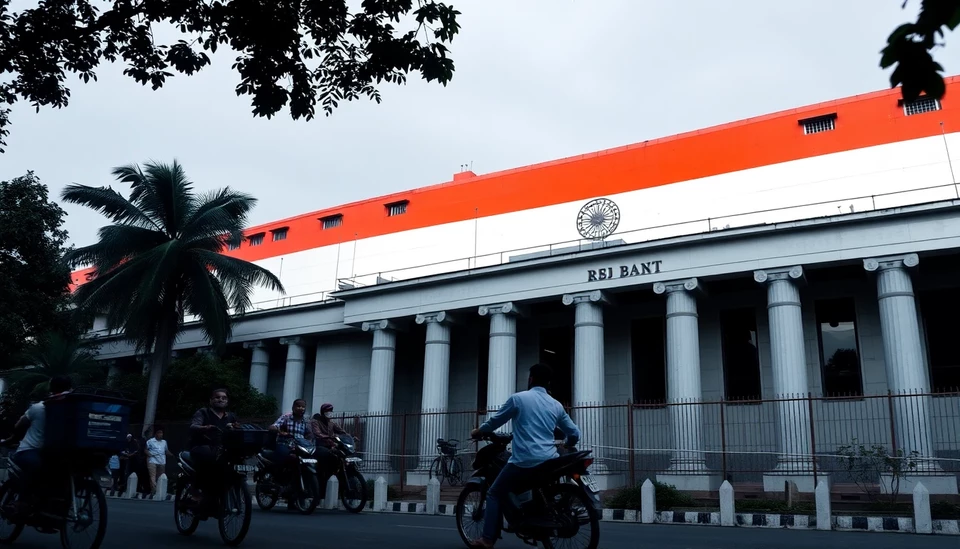
India's persistent cash deficit is beginning to ease, thanks to recent strategic measures implemented by the Reserve Bank of India (RBI). The central bank has opened a new avenue for funds that is expected to inject liquidity into the market, providing relief to financial institutions and the broader economy.
The RBI's proactive decision to loosen monetary policy is seen as a response to the ongoing cash shortage that has plagued various sectors, especially after economic disruptions caused by recent global events. By introducing additional funding options, the RBI aims to stabilize the financial system, promote economic growth, and instill confidence among market participants.
As part of this initiative, the central bank has conducted multiple rounds of targeted long-term repo operations (TLTRO), a tool designed to ensure that money flows to the sectors most in need. This move is intended to facilitate lending to critical areas such as small and medium enterprises (SMEs), housing, and agriculture, which have been significantly affected by the cash crunch.
The reaction from the financial markets has been largely positive, with analysts expressing optimism over the potential for increased lending and investment. The liquidity boost is expected to enhance consumer spending and stimulate economic activity, which is essential for maintaining growth in the post-pandemic recovery phase.
Experts believe that the RBI's measures will not only alleviate the immediate cash deficit but will also pave the way for sustainable financial practices in the long term. By fostering an environment where credit is readily available, the central bank hopes to prevent future liquidity crises and support the wider economic landscape.
The efforts by the RBI to combat the cash deficit underscore the complexities of managing monetary policy amidst unpredictable economic conditions. With various sectors looking to rebound from setbacks, the course of action taken by the central bank is crucial for sustaining momentum and ensuring stability in the financial markets.
In conclusion, India's approach to addressing its cash deficit through the RBI’s strategic interventions reflects a strong commitment to maintaining economic stability. As the situation evolves, stakeholders across the board are watching closely to see how these measures will unfold in the coming months.
With more initiatives likely on the horizon, the RBI's role in shaping the economic future of India remains pivotal. Stakeholders are hopeful that these developments will lead to enhanced growth prospects and a more resilient financial environment.
#India #CashDeficit #ReserveBankofIndia #EconomicRecovery #LiquidityBoost
Author: Rachel Greene




